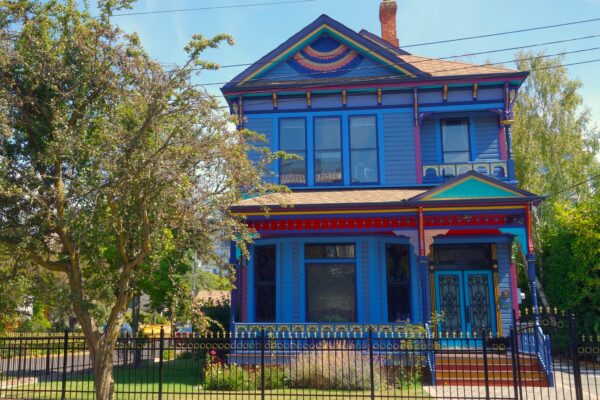If you’re the proud owner of an older classic home, we know you purchased it for its charm and personality. An older house often has features no newer
home will have – intriguing nooks and crannies, higher ceilings or stained glass windows, a unique floor plan, and a history.
You’ll want to preserve all those incredible historical features when considering giving your classic Nashville home a facelift through renovation. You also want to ensure your house can withstand the process, and you’ll need to know about zoning and permit requirements. Before starting your renovation project, let’s discuss what you need to know about your home!
What Should I Look For When Planning A Renovation For My Home?
The rule of thumb for a total house renovation is simple: make sure your structure is solid before starting a major project; this includes reviewing the foundation, electrical systems, plumbing, flooring, and roofing. Historic houses are more likely to develop these problems, but it’s essential to check all your bases no matter how old your home is.
You may want to engage a general contractor to help you review your home to look for issues that may be more involved, like those below. Here are some important details you need to discover about your home when planning a renovation:
- If you discover cracks in your foundation that are bigger than ⅛ of an inch or getting larger, you will want to repair them during renovation. You should also watch for foundation cracks accompanied by bulging, which indicates a more serious structural issue.
- Many older or historical homes have knob-and-tube wiring, widely used until the 1930s. It’s not illegal, and it’s still acceptable under today’s electrical codes.
- There are better systems than knob-and-tube wiring for contemporary usage. It has no grounding pathway, so it’s more likely to damage your electronics. In addition, knob-and-tube electrical systems don’t have three-prong outlets, which many appliances require today. And the wire coating can be well on the way to wearing off; if it does, it exposes a live wire.
- If your home was built around 1960, you want to check for galvanized pipes. Made of steel, galvanized pipes were one of the first replacements for lead pipes. Coated in zinc, they are pretty durable, but over the decades, the pipes corrode and rust from constant water exposure. This plumbing system is still acceptable under today’s building codes and doesn’t necessarily have to be replaced.
What Other Aspects Of Renovation Should I Think About?
Here are a few more handy tips:
- As you plan your renovation, be sure you have a clear result in mind and know exactly what you want.
- Make sure to budget for any problems arising during the initial structure check and any issues during demolition. Having a budget buffer in place can be helpful in case of any unexpected issues or surprises (you can almost count on them!).
- Be sure to hire the best general contractor you can find. Friends and neighbors are often great resources in finding them! At Ascension General Contractors, we’re proud to have served the Nashville community for over ten years!
Ascension General Contractors is a full-service general contracting company with extensive experience in both residential and commercial property repair and renovation.
We pride ourselves on the quality of our work and our communication through the process of your claim, repair, or remodel. When it comes to your home, working with a team of experienced professionals you can trust is vital.
Contact us at (615) 802 9025 or online today to discuss your Nashville home renovation.

